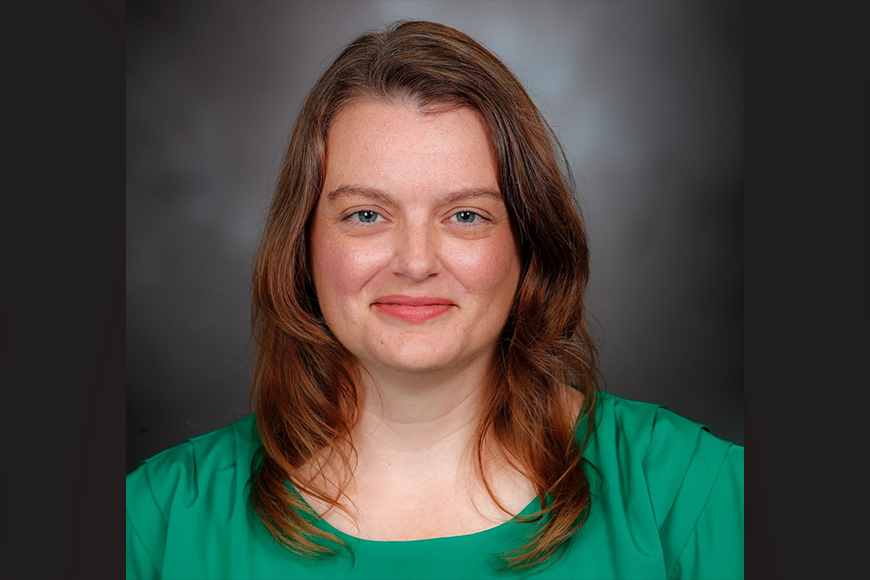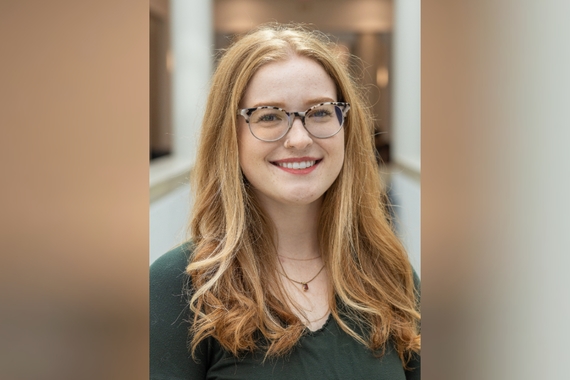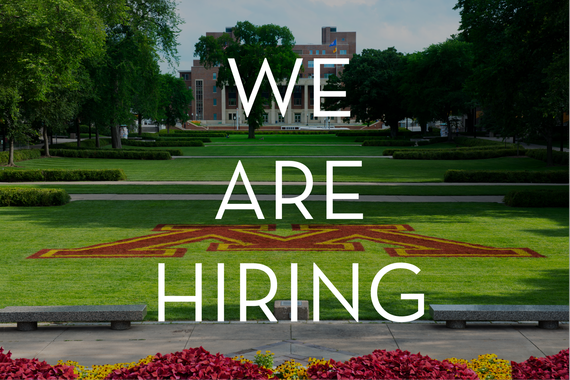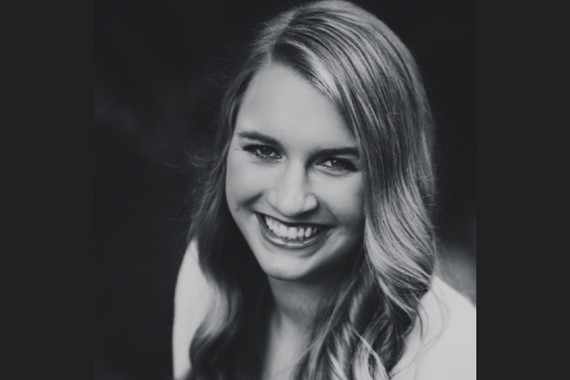Featured New Faculty Hire: Dr. Liane Malinowski
Liane Malinowski joined the Department of Writing Studies as an assistant professor in fall 2024. Liane graduated with a PhD in English from the University of Massachusetts Amherst in 2018. She has spent the last six years as an assistant professor in the Department of English at the University of North Texas. Get to know more about Liane below.
What most excites you about being a part of Writing Studies?
I cannot overstate how thrilled I am to be joining a department that brings people together to study writing. Writing can seem so lonely, mundane, and self-explanatory, and I love that it’s my job to defamiliarize it, revealing it to be collaborative, exciting, and nuanced. I think it’s generative that the department values perspectives from writing studies, rhetoric, and technical communication. I look forward to exploring what writing is, how it's taught, where it travels, and who has access to it.
What can students, undergraduate or graduate, expect from you?
I’m excited to help students explore their own interests and connect questions that arise from everyday life to scholarly conversations. I’m grateful to the mentors in my life who have spent time talking with me about coursework, writing process, and new ideas in informal ways in addition to coaching me through high stakes program milestones. I’d like to do the same for students here in Minnesota.
What are your research interests/plans?
I’m completing a book manuscript on labor rhetoric and spaces for solidarity at the emergence of a women’s labor movement in Chicago. I grew up in the Chicago suburbs and am proud to have written a rhetorical history that is unabashedly Midwestern. I’ve enjoyed exploring how garment workers and social reformers new to labor organizing drew from masculinized labor rhetorical traditions, feminized parlor rhetorical traditions, and made up their own rhetorics that aspired to solidarity in response to fast-evolving exigencies. After studying labor rhetorics, I better appreciate that writing’s ability to endure and circulate can make it a risky mode of expression, especially when writing reaches unintended audiences like employers that workers are organizing against. The garment workers I studied often favored visual and mobile labor rhetorics in the form of protests, pickets, and parades to communicate their workplace labor was undervalued and exploited.
Right now, I’m working on an essay about Lucy Parsons, a labor agitator whose 40+ year public speaking career was based in Chicago. Parsons combined abolitionist, labor, and feminist rhetoric in her speech. I think Parsons has been an ignored or understudied figure in rhetorical history precisely because she’s not easy to place within a single tradition.
I’m also writing about my experience attempting to enact a social-justice oriented pedagogy during a time of state-sponsored backlash to diversity, equity, inclusion, critical race theory, and academic freedom. Prior to moving to Minnesota, I taught at a large public research university in Texas. As I analyze curricular materials, student essays, and transcripts of interviews with students, I’m appreciating how the writing and rhetoric classroom is a valuable space for unpacking state laws and myths, and how rhetorical theory and vocabulary offer students resources for joining conversations about the social issues that matter to them.
What course(s) are you looking forward to teaching?
I’m enjoying teaching WRIT 3102 - Public Writing. We’re joining local publics and paying attention to conversations on topics ranging from anti-racist street art to homeless advocacy. I’m looking forward to taking students to the Katherine E. Nash Gallery to visit the Art and Artifact: Murals from the Minneapolis Uprising exhibit.
At the graduate level, I’m excited to teach courses on feminist rhetorics, writing pedagogy, and writing studies. Within some of these courses, I’d like to invite students to learn about and practice archival research. Doing archival research has helped me to tell stories grounded in local history and to connect those stories to more generalizable trends. I love supporting students in designing and executing their own research projects in graduate courses. I like when learning can get a little bit messy and unwieldy, and we don’t always know what will happen next.
What is one fun fact about you?
I’m a new pickleball player. My good friend Holly happens to live in Minneapolis, and we’re doubles partners in a pickleball league through the Minneapolis Cider Company. Holly and I used to play together on our high school tennis team, which made us a little bit overconfident in our pickleball abilities when we joined the “competitive” league. It turns out pickleball is not tennis! We’re getting better, though, and finally won our first match.



